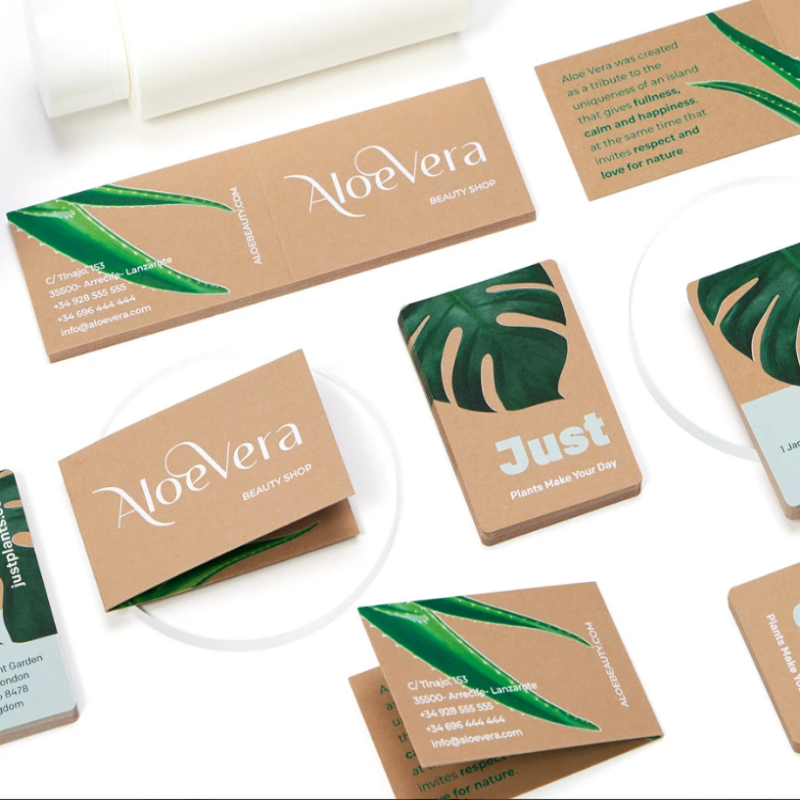The Significance of Meat Cartons in the Food Supply Chain
In the ever-evolving landscape of the global food industry, the packaging of meat products plays a critical role in ensuring safety, quality, and sustainability. Among the various types of packaging, meat cartons stand out due to their unique benefits and contributions to the meat supply chain. This article delves into the significance of meat cartons, exploring their features, benefits, environmental impact, and future prospects.
Understanding Meat Cartons
Meat cartons are specifically designed packaging solutions used to store, transport, and display meat products. Typically made from corrugated cardboard or paperboard, these cartons provide a sturdy and protective environment for a variety of meats, including beef, poultry, and pork. They are engineered to withstand the rigors of transport and handling while preserving the freshness and quality of the meat inside. Meat cartons are often lined with moisture-resistant coatings or lined with plastic to minimize exposure to contaminants and maintain the meat's integrity.
Benefits of Meat Cartons
1. Protection and Preservation One of the primary functions of meat cartons is to protect the meat from physical damage and contamination during transportation and storage. The robust structure of the cartons helps shield the products from crushing and punctures, which can compromise quality. Additionally, proper sealing and insulation help regulate temperature and moisture, ensuring that the meat remains fresh for longer periods.
2. Hygiene and Safety Food safety is paramount in the meat industry, and meat cartons play a crucial role in maintaining hygiene. The use of food-grade materials reduces the risk of chemical leaching, while sealed cartons prevent exposure to dust, insects, and other potential contaminants. Regulatory compliance regarding food safety standards is facilitated by the use of these specialized cartons.
3. Efficient Handling Meat cartons are designed for ease of use, allowing for efficient stacking and transportation. Their uniform shape and size enable easier handling by workers, reducing the risk of accidents and facilitating quicker loading and unloading processes. This efficiency is particularly vital for distribution centers and retail establishments where time and space are of the essence.
meat cartons

4. Sustainability Factors In recent years, environmental consciousness has surged, and the meat industry is no exception. Many manufacturers are now producing meat cartons from recycled materials, making them a more eco-friendly option in comparison to traditional plastic packaging. Additionally, the biodegradability of cardboard reduces long-term environmental impact, contributing to a more sustainable food supply chain.
5. Branding and Marketing Meat cartons also serve as a platform for branding and marketing initiatives. Custom-designed cartons allow producers to showcase their brand image and product information effectively. Eye-catching graphics and informative labeling can attract consumers, enhancing product visibility in retail settings and fostering brand loyalty.
Challenges in the Market
Despite their numerous advantages, meat cartons are not without challenges. The rising cost of raw materials and fluctuating market demands can affect production. Furthermore, while advancements in packaging technology have improved the durability and functionality of meat cartons, some still struggle to compete with plastic alternatives in terms of insulation and moisture resistance. Therefore, continuous innovation is necessary to address these issues.
Future Prospects
The future of meat cartons looks promising as the industry transitions towards more sustainable practices. Continued research and development in materials science could lead to even more effective packaging solutions that enhance meat preservation while reducing environmental impact. Furthermore, the rise of e-commerce in the food sector will likely create new opportunities for meat carton manufacturers, as demand for reliable and efficient delivery systems grows.
In conclusion, meat cartons are an essential component of the meat supply chain, providing protection, safety, efficiency, and sustainability. As the industry progresses, embracing innovation and addressing the challenges faced will ensure that meat cartons continue to play a vital role in the journey from farm to table, ultimately benefiting consumers and the environment alike. The developments in packaging technology and design will undeniably influence the future of meat cartons, shaping the way we package and perceive meat products in the years to come.



